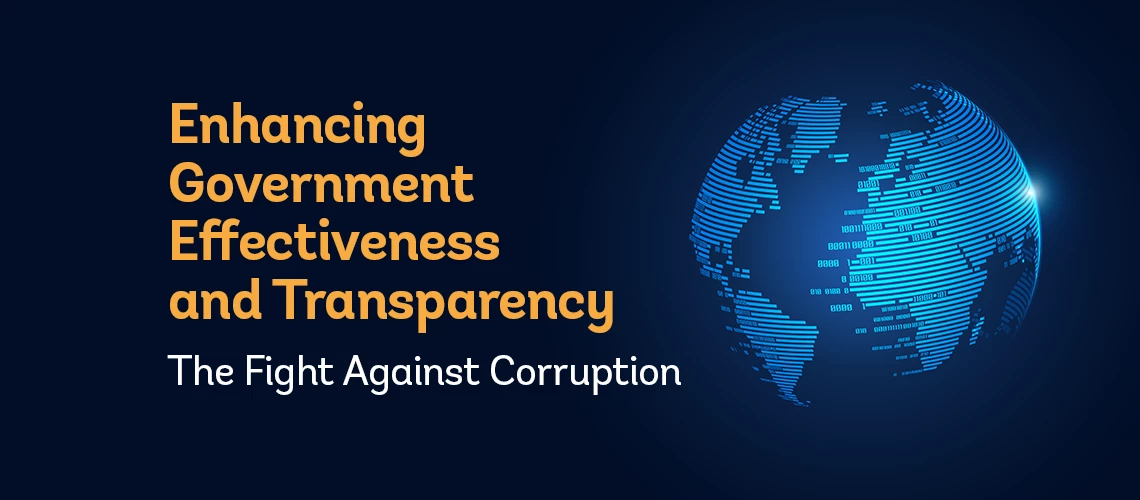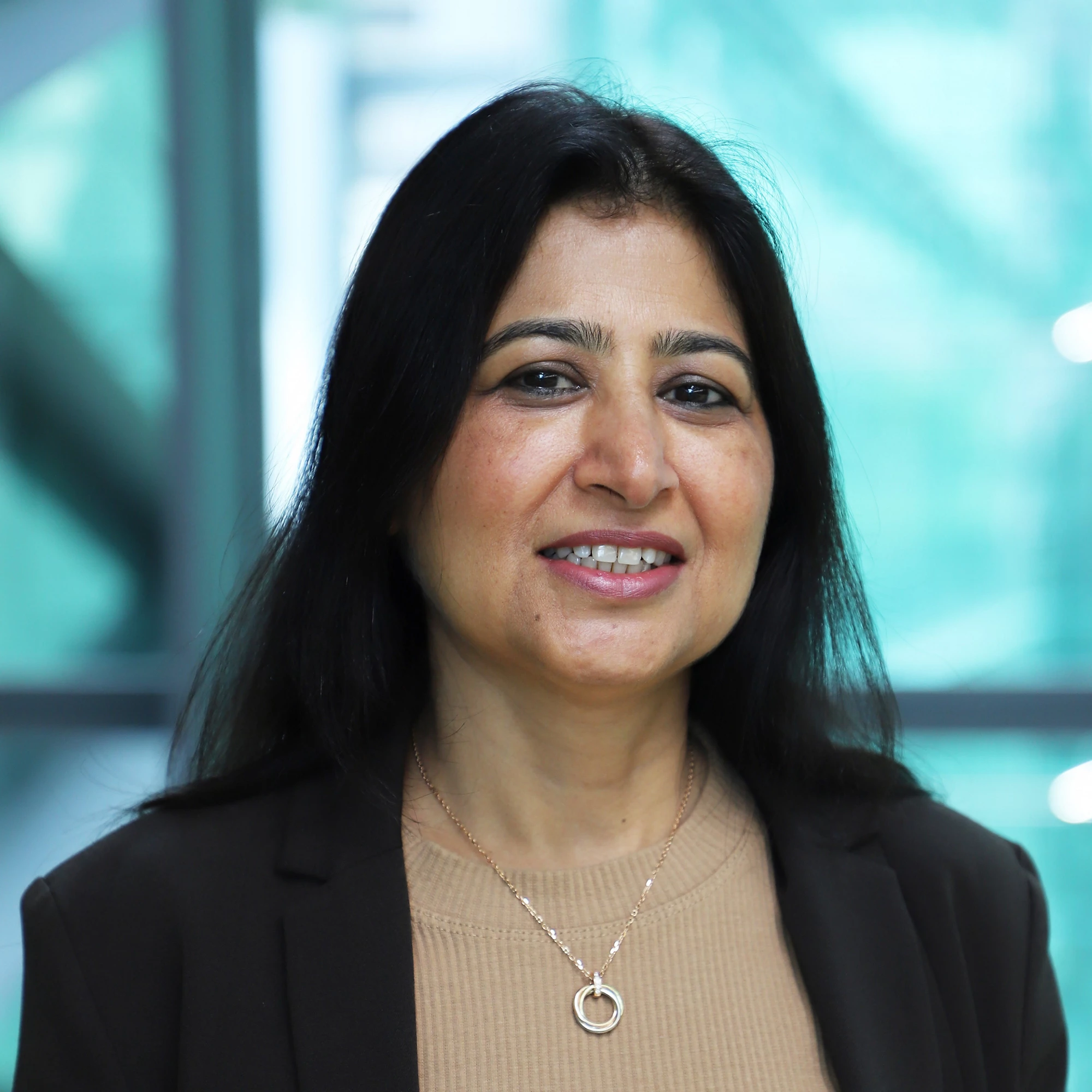 Enhancing Government Effectiveness and Transparency: The Fight Against Corruption
Enhancing Government Effectiveness and Transparency: The Fight Against Corruption
People have been either fighting corruption or have been victims of it for decades. So, should we accept it as a feature of life and carry on or try to fight it where we can? While developing our global report, which was released last week, we tried to delve deeper into how countries are making progress in addressing corruption. The case studies identified show how reform-minded governments and civil society organizations have contributed to reducing corruption in their specific contexts or laid important foundations that can be built on by others.
Virtually every continent, from Asia to Africa, Europe and the Americas, faces perpetrators who bypass or exploit weaknesses in existing laws and regulations to execute schemes, which have been increasing in scale and sophistication. Corruption undermines the credibility of the public sector, erodes trust in governments and their ability to steer a country to achieve high economic growth and shared prosperity. It often weakens the impact of public service delivery, adversely affecting all citizens especially the poor.
The report comes at a time when the world has changed dramatically due to COVID-19. The spotlight is once again on the capacity and integrity of the public sector -- not just in managing the health crisis but also in dealing with the economic and social impacts of the pandemic.
Emergency responses to the COVID-19 pandemic have resulted in huge expenditures by governments, circumventing the standard operating procedures and approval processes. This may create new vulnerabilities and leakages that may only come to light after the initial containment phase has passed. It is at this juncture that the World Bank has undertaken a fresh assessment of the challenges and opportunities faced by governments in tackling corruption in key functions and sectors . We examine the lessons learned from applying selected policy instruments that were designed to mitigate corruption risks, as well as the role and challenges faced by institutions that are intended to promote integrity and accountability.
Drawing lessons from a compendium of case studies from around the world, the report demonstrates that all is not lost and that it is possible to reduce corruption risks even in the most challenging environments. The complex nature of corruption means that technical solutions and added compliance measures will usually be insufficient. A good understanding of the historical origins, social norms, and political culture is often critical to design impactful policies and institutional structures that can support their implementation.
At the same time, one must acknowledge the potential challenges from the forces that benefit from the status quo. There will be resistance owing to the strong inter-play between power, politics, and money. The scope for reformers to make changes will therefore be constrained by the limits of their political influence. It could be a long and frustrating journey with two steps forward and one step backward.
The report presents approaches and policy responses in various country contexts. It reinforces that there is no single formula or magic bullet to address corruption. For example, open government reforms can be effective in promoting an ethos of transparency, inclusiveness, and collaboration and in shifting norms over time by making conditions less conducive to corrupt activity. However, their impact depends on the existence of other enabling factors, such as political will, a free and independent media, a robust civil society, and effective accountability and sanctioning mechanisms.
Case studies featured in the report highlight that multiple factors contribute to the impact of anti-corruption efforts, including political leadership, institutional capacity, incentives, technology, transparency and collaboration. Enhanced collaboration with stakeholders within and outside of government is a critical success factor in overall government effectiveness. Such collaboration involves both the public and private sector, civil society, media, research organizations, think-tanks and citizens. Strengthening the fight against corruption is a collective responsibility!
Editor’s Note: This blog is part of a series that helps unpack our new global report, Enhancing Government Effectiveness and Transparency: The Fight Against Corruption.



Join the Conversation